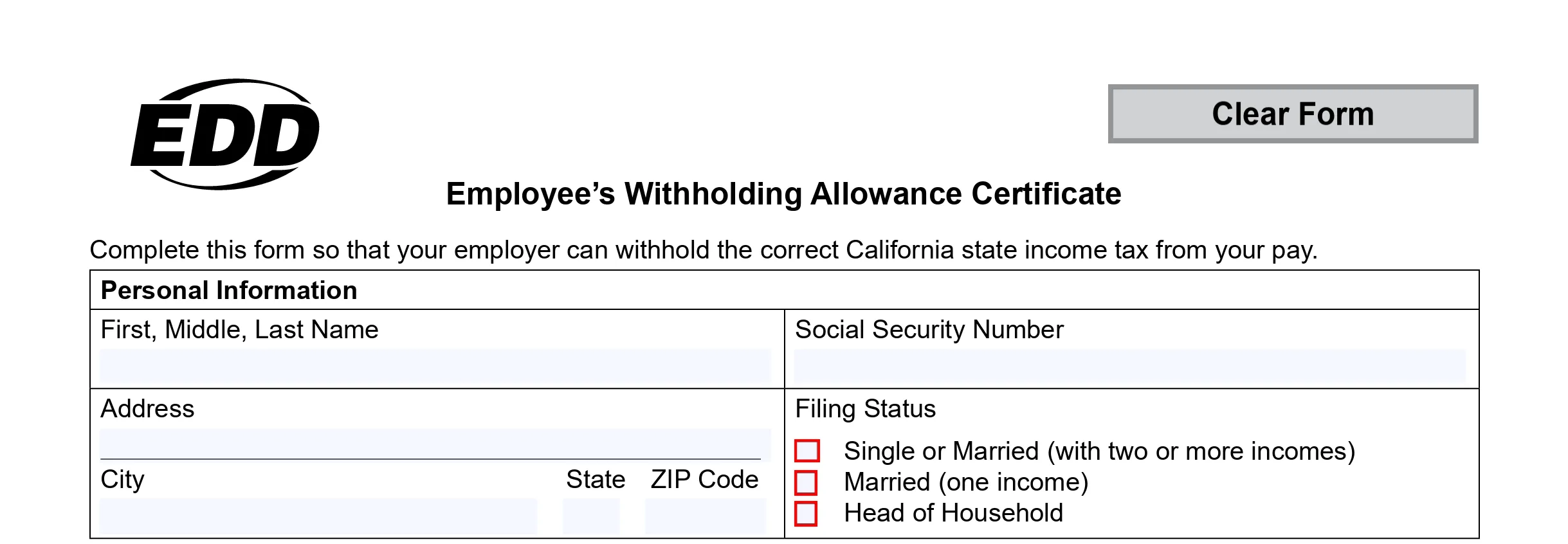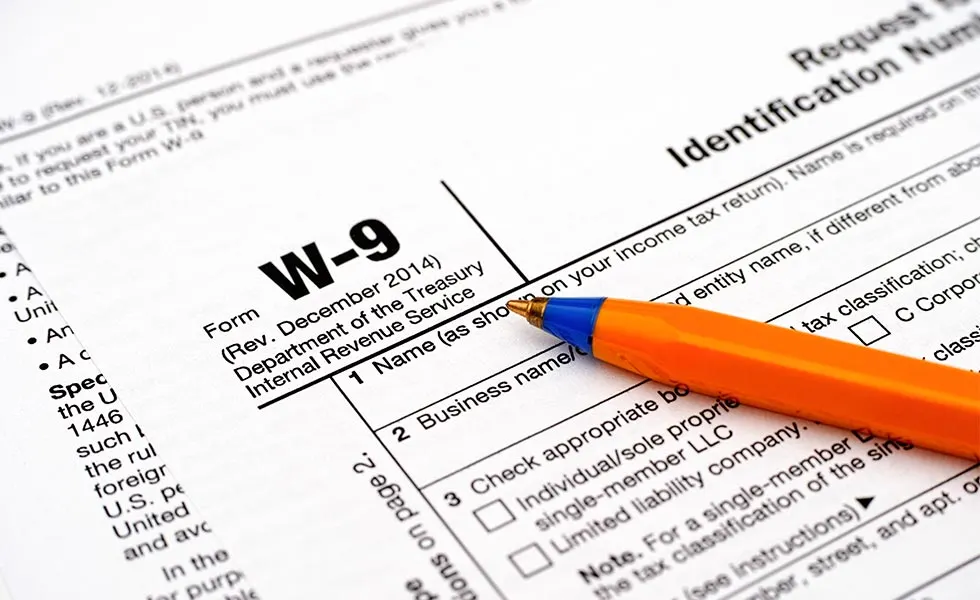Owe money to the IRS? This is what you should know.

“According to the U.S. Internal Revenue Service data, over 14 million Americans owed over $131 billion in back taxes, penalties, and interest in 2018. Despite the threat of owing thousands of dollars to the U.S. government, millions of Americans continue to fall behind on their taxes”.
For most Americans, this is a painful reality and the truth is, receiving one of those letters from the IRS can be very scary. Because you don’t know how to handle it you decide to ignore it, hoping this will just go away.
I want to share with you some important facts, tips, and recommendations to avoid this situation, but if you are already there, keep reading, it will help you as well.
First and most importantly FILE YOUR TAXES ON TIME. This is one of the most common mistakes. People fail to file because they are “too busy” or maybe because they know they owe and they don’t have the money available to pay. If you have income from US sources or if you live in the US you probably have a requirement to file taxes. Not filing will actually make your situation worse because you will get hit with a high “Failure to file” penalty that can add up to 25% of your balance. So, if you owe money and can’t pay at the moment, file your taxes anyway, that way you will only have the “Failure to Pay” penalty but not the other one.
UNDERWITHHOLDING is the main reason for owing to the IRS. By law, employers withhold taxes from your paycheck. What you may not know is that if enough taxes are not withheld from your paycheck throughout the year, you will likely owe the IRS when you file your taxes during tax season. Make sure you update your IRS Form W-4 every year.
NOT PAYING ESTIMATED TAXES if you are self-employed or have income from a business you need to make quarterly estimated payments to the IRS and the State if applicable. When you are self-employed nobody is withholding from your payments any social security, medicare, or income taxes. That’s why, as a self-employed individual, you are responsible for making these payments.
Another common error is the belief that by FILING AN EXTENSION you now have more time to make the payments, and this not the case. Even though you are requesting extra time to file you still have to pay your “balance due” by the April deadline. Failing to do so will generate late payments penalty and interests.
On the other hand, if you file an extension and pay at least 90% of the balance in April, then you have the chance to pay the remaining by the due date of the extension. Keep in mind you may be exempt from late penalty fee but interest will accrue on the balance due.
Let’s talk now about your PAYMENT OPTIONS.
Borrow money. If you don’t have the money to pay all your taxes now, then you may want to get a loan from a bank or other source. The interest rate may be lower than the interest and penalties the IRS charges on late taxes. You also may be able to borrow against your assets or sell them to raise cash.
Make an Online Payment Agreement. If you are unable to pay in full, then consider paying over a period of time. If you owe $50,000 or less, you can apply for an installment agreement. You may choose to make convenient monthly direct debit payments for up to 72 months. The best way to apply is to use the IRS Online Payment Agreement tool on IRS.gov. If you don’t have access to the Internet, you can apply by filing Form 9465, Installment Agreement Request.
The IRS can also help if your tax debt is more than $50,000 or you need more than six years to pay.
Use an Offer in Compromise. An Offer in Compromise is an agreement that allows you to settle your tax debt for less than the full amount. Generally, the IRS will accept an offer if it represents the most the agency can expect to collect within a reasonable time. The IRS looks at several factors to make a decision on your offer. Use the Offer in Compromise Pre-Qualifier tool on IRS.gov to see if you may be eligible for an OIC.
Knowledge is always your ally, being informed on How and What to do will help you avoid or get out of this uncomfortable situation. Seeking help when you don’t know how to proceed will save you time and money, just make sure you look for someone that is qualified and allowed to represent you before the IRS such as an Enrolled Agent, a CPA, or a Lawyer.
If you found this information helpful please like and share.
Need help? Contact us at [email protected] or by phone (510) 992-3499



